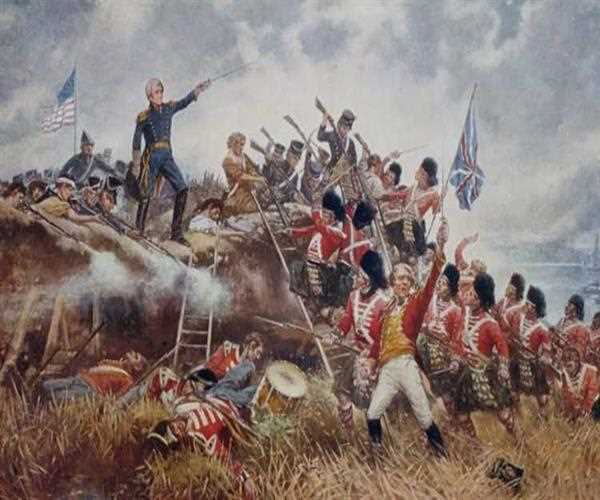In the War of 1812, the United States went up against the best maritime power on the planet, Great Britain, in a contention that would immensely affect the youthful nation's future. Reasons for the war included British endeavors to confine U.S. exchange, the Royal Navy's impressment of American sailors and America's longing to grow its region.

The United States endured numerous exorbitant thrashings on account of British, Canadian and Native American troops throughout the War of 1812, including the catch and consuming of the country's capital, Washington, D.C., in August 1814. Regardless, American troops could shock British intrusions in New York, Baltimore, and New Orleans, boosting national certainty and encouraging another soul of patriotism.
The sanction of the Treaty of Ghent on February 17, 1815, finished the war, however, left a significant number of the most combative inquiries uncertain. In any case, numerous in the United States commended the War of 1812 as a "second war of autonomy," starting a time of divided understanding and national pride.
Reasons for the War of 1812
At the beginning of the nineteenth century, Great Britain has secured a long and intense clash with Napoleon Bonaparte's France. While trying to cut off provisions from achieving the adversary, the two sides endeavored to obstruct the United States from exchanging with the other. In 1807, Britain passed the Orders in Council, which required nonpartisan nations to acquire a permit from its experts previously exchanging with France or French provinces.
The Royal Navy likewise shocked Americans by its routine with regards to impressment, or expelling sailors from U.S. dealer vessels and driving them to serve in the interest of the British. In 1809, the U.S. Congress revoked Thomas Jefferson's disagreeable Embargo Act, which by limiting exchange had harmed Americans more than either Britain or France. Its substitution, the Non-Intercourse Act, particularly precluded exchange with Britain and France.
The War of 1812 Breaks Out
In the fall of 1811, Indiana's regional senator William Henry Harrison drove U.S. troops to triumph in the Battle of Tippecanoe. The thrashing persuaded numerous Indians in the Northwest Territory that they required British help to keep American pilgrims from pushing them farther of their properties. In spite of the fact that Congress, at last, voted in favor of war, both House and Senate were severely partitioned on the issue. Most Western and Southern congressmen upheld war, while at the same time Federalists blamed war advocates for utilizing the reason of sea rights to advance their expansionist plan.
End of the War of 1812 and its Impact
At that point, peace talks had just started at Ghent and Britain moved for a truce after the disappointment of the ambush on Baltimore. In the transactions that took after, the United States surrendered its requests to end impressment, while at the same time Britain guaranteed to leave Canada's outskirts unaltered and desert endeavors to make an Indian state in the Northwest.
On December 24, 1814, magistrates marked the Treaty of Ghent, which would be endorsed the next February. On January 8, 1815, ignorant that peace had been finished up, British powers mounted a noteworthy assault on New Orleans, just to meet with overcoming on account of future U.S. president Andrew Jackson's armed force.